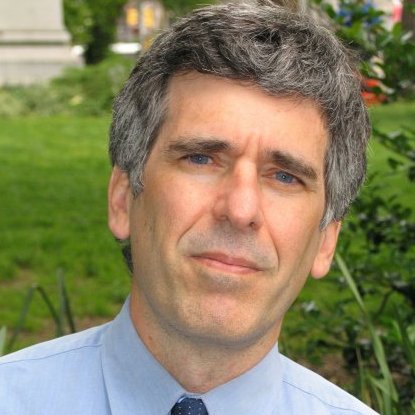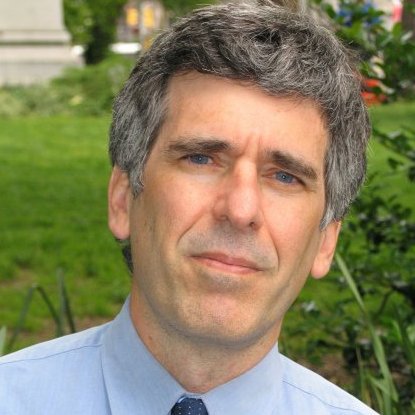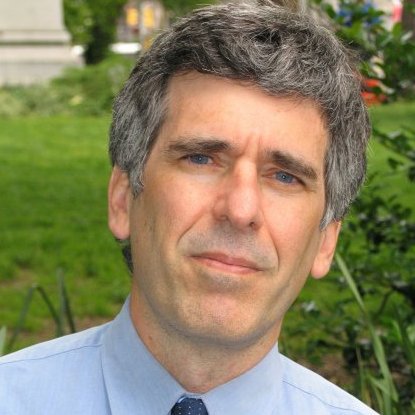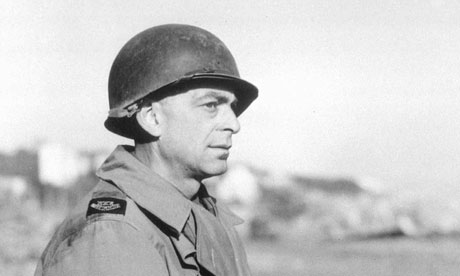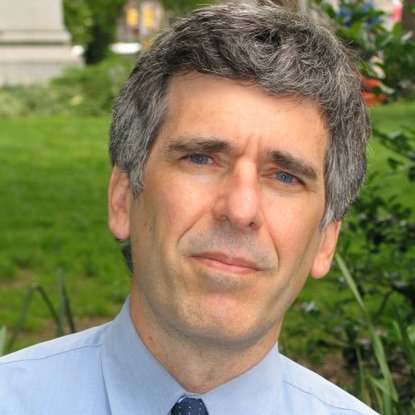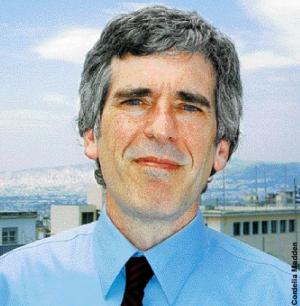By Norman Solomon
Norman Solomon is co-founder of RootsAction.org and founding director of the Institute for Public Accuracy.
Of all the charges against Bradley Manning, the most pernicious — and revealing — is “aiding the enemy.”
A blogger at The New Yorker, Amy Davidson, raised a pair of big questions that now loom over the courtroom at Fort Meade and over the entire country:
* “Would it aid the enemy, for example, to expose war crimes committed by American forces or lies told by the American government?”
* “In that case, who is aiding the enemy — the whistleblower or the perpetrators themselves?”
When the deceptive operation of the warfare state can’t stand the light of day, truth-tellers are a constant hazard. And culpability must stay turned on its head.
That’s why accountability was upside-down when the U.S. Army prosecutor laid out the government’s case against Bradley Manning in an opening statement: “This is a case about a soldier who systematically harvested hundreds of thousands of classified documents and dumped them onto the Internet, into the hands of the enemy — material he knew, based on his training, would put the lives of fellow soldiers at risk.”
If so, those fellow soldiers have all been notably lucky; the Pentagon has admitted that none died as a result of Manning’s leaks in 2010. But many of his fellow soldiers lost their limbs or their lives in U.S. warfare made possible by the kind of lies that the U.S. government is now prosecuting Bradley Manning for exposing.
In the real world, as Glenn Greenwald has pointed out, prosecution for leaks is extremely slanted. “Let’s apply the government’s theory in the Manning case to one of the most revered journalists in Washington: Bob Woodward, who has become one of America’s richest reporters, if not the richest, by obtaining and publishing classified information far more sensitive than anything WikiLeaks has ever published,” Greenwald wrote in January.
He noted that “one of Woodward’s most enthusiastic readers was Osama bin Laden,” as a 2011 video from al-Qaeda made clear. And Greenwald added that “the same Bob Woodward book [Obama’s Wars] that Osama bin Laden obviously read and urged everyone else to read disclosed numerous vital national security secrets far more sensitive than anything Bradley Manning is accused of leaking. Doesn’t that necessarily mean that top-level government officials who served as Woodward’s sources, and the author himself, aided and abetted al-Qaida?”
But the prosecution of Manning is about carefully limiting the information that reaches the governed. Officials who run U.S. foreign policy choose exactly what classified info to dole out to the public. They leak like self-serving sieves to mainline journalists such as Woodward, who has divulged plenty of “Top Secret” information — a category of classification higher than anything Bradley Manning is accused of leaking.
While pick-and-choose secrecy is serving Washington’s top war-makers, the treatment of U.S. citizens is akin to the classic description of how to propagate mushrooms: keeping them in the dark and feeding them bullshit.
In effect, for top managers of the warfare state, “the enemy” is democracy.”
Let’s pursue the inquiry put forward by columnist Amy Davidson early this year. If it is aiding the enemy “to expose war crimes committed by American forces or lies told by the American government,” then in reality “who is aiding the enemy — the whistleblower or the perpetrators themselves?”
Candid answers to such questions are not only inadmissible in the military courtroom where Bradley Manning is on trial. Candor is also excluded from the national venues where the warfare state preens itself as virtue’s paragon.
Yet ongoing actions of the U.S. government have hugely boosted the propaganda impact and recruiting momentum of forces that Washington publicly describes as “the enemy.” Policies under the Bush and Obama administrations — in Iraq, Afghanistan, Yemen and beyond, with hovering drones, missile strikes and night raids, at prisons such as Abu Ghraib, Bagram, Guantanamo and secret rendition torture sites — have “aided the enemy” on a scale so enormous that it makes the alleged (and fictitious) aid to named enemies from Manning’s leaks infinitesimal in comparison.
Blaming the humanist PFC messenger for “aiding the enemy” is an exercise in self-exculpation by an administration that cannot face up to its own vast war crimes.
While prosecuting Bradley Manning, the prosecution may name al-Qaeda, indigenous Iraqi forces, the Taliban or whoever. But the unnamed “enemy” — the real adversary that the Pentagon and the Obama White House are so eager to quash — is the incessant striving for democracy that requires informed consent of the governed.
The forces that top U.S. officials routinely denounce as “the enemy” will never threaten the power of the USA’s dominant corporate-military elites. But the unnamed “enemy” aided by Bradley Manning’s courageous actions — the people at the grassroots who can bring democracy to life beyond rhetoric — are a real potential threat to that power.
Accusations of aid and comfort to the enemy were profuse after Martin Luther King Jr. moved forward to expose the Johnson administration’s deceptions and the U.S. military’s atrocities. Most profoundly, with his courageous stand against the war in Vietnam, King earned his Nobel Peace Prize during the years after he won it in 1964.
Bradley Manning may never win the Nobel Peace Prize, but he surely deserves it. Close to 60,000 people have already signed a petition urging the Norwegian Nobel Committee to award the prize to Manning. To become a signer, click here.
Also, you can preview a kindred project on the “I Am Bradley Manning” site, where a just-released short video — the first stage of a longer film due out soon — features Daniel Ellsberg, Oliver Stone, Maggie Gyllenhaal, Phil Donahue, Alice Walker, Peter Sarsgaard, Wallace Shawn, Russell Brand, Moby, Tom Morello, Michael Ratner, Molly Crabapple, Davey D, Tim DeChristopher, Josh Stieber, Lt. Dan Choi, Hakim Green, Matt Taibbi, Chris Hedges, Allan Nairn, Leslie Cagan, Ahdaf Soueif and Jeff Madrick.
From many walks of life, our messages will become louder and clearer as Bradley Manning’s trial continues. He is guilty of “aiding the enemy” only if the enemy is democracy.
Norman Solomon is co-founder of RootsAction.org and founding director of the Institute for Public Accuracy.
(Bruce B. Brugmann, or b3 as he signs his emails and blogs, edits and writes the Bruce blog on the Guardian website at sfbg.com. He is the editor at large of The San Francisco Bay Guardian and editor and founder and co-publisher of the Guardian with his wife Jean Dibble, 1966-2012, now retired.) He can be contacted at bruce@sfbg.com b3).

